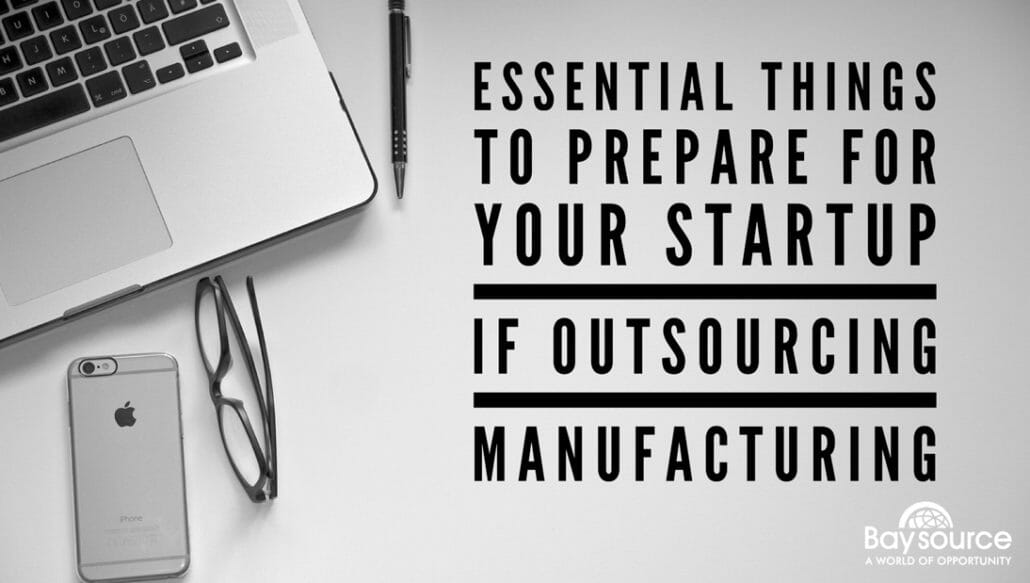
If you are developing a new product and plan on investing your valuable time and capital to bring it to market there are a few key things you should put together if outsourcing your manufacturing.
A professional RFP (Request for Proposal) or RFQ (quotation) will immediately convey credibility and earn the respect of the firms quoting in your project. It also separates you from the hundreds of others who are asking for quotations. A well planned and prepared RFQ will speed up the quotation process, provide a much more accurate cost and be better received by a reputable manufacturer. In this. You should be able to include:
1. Write an introductory narrative
An introductory narrative about the product; perhaps some background or genesis info on what new innovation, function or unmet need your product delivers I.e. “Our product will be the first of its kind to _____”
2. Create professional 3D drawings
Professional 3D drawings call out dimensions, materials (type and brand or equivalent of resin or other), colors, specifications. This is essential for manufacturing most things and even applies to soft goods such as backpacks and apparel and not just plastics and metals.
3. Product and Safety Certifications
Depending on the product and industry there may be mandatory certification requirements. Most retailers will ask for prof and documentation. You’ll want to be sure the factory has produced products bound for similar markets and thus purchased and worked with similar materials, been audited for compliance and understands cGMP).
4. Testing
Fit and function and other testing requirements the production quantities will have to pass under inspection are crucial and should be well defined and documented for go/no-go for sub assemblies and pass/fail for finished goods
5. Accurate Quantities
Accurate quantities you intend to purchase. Include first six months, years 1–3 etc and she me supporting detail will also convey to the factories how you plan to scale up your business. These should be conservative and not “pie in the sky” forecasts to try and leverage better costs. In fact, you should really be looking for solid volume or tiered price consideration.
6. Request tooling costs
Request separate detail for tooling cost (molds) and whether you’d like this separately or amortized over the volume. Also, request cavitation of the tool (the number of pieces each mold will produce)
7. Indicate Incoterms
Incoterms refers to whether you’d like costs quoted Ex-Works (the price right at the factory and before it’s even delivered to a port)or FOB your city or distribution point.
These are just the basics but if you are serious about actually launching a product and have raised the capital to do so, you will be perceived much more professionally and obtain a much more credible response by suppliers. Otherwise just use the QAP (quote and pray) method which is only as valuable as the paper on which it’s printed.






Follow Us